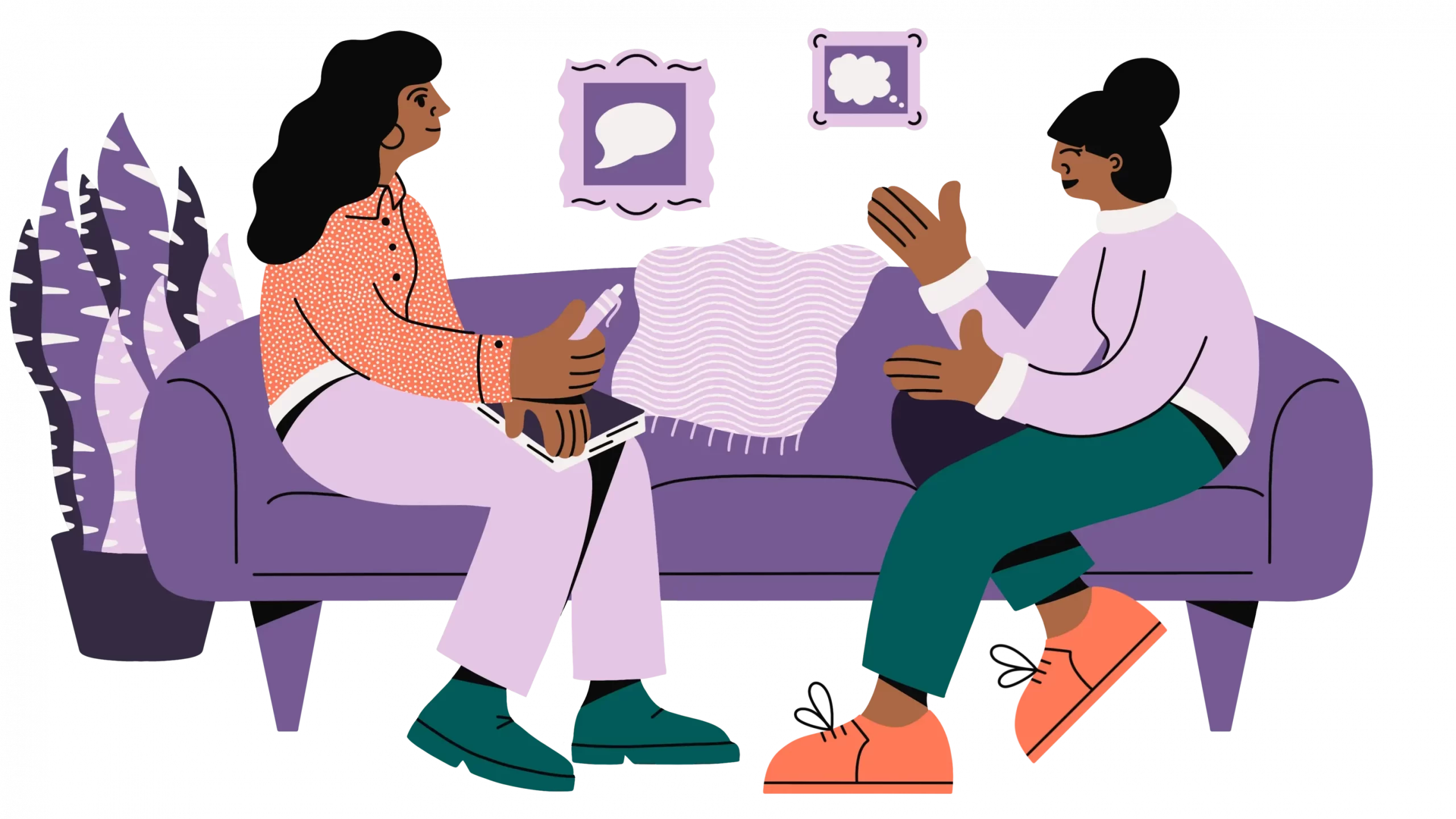I’ve visited a therapist multiple times during my life. The initial occasion followed a breakup. Indeed, going to therapy after a major life event is a relatively normal time to seek treatment.
The second time, though, I attended, I had no “major” reason.
In fact, my life appeared to be going very well on paper. I had recently relocated to New York, a place I had always aspired to call home, and I had just begun a master’s degree in playwriting, a field I adored. I was doing well in my academics and had just begun dating my future spouse.
Read More: How this breathing technique might help you get quick and better sleep.
And yet, despite the fact that everything appeared to be “okay,” I felt depressed practically daily. Writing seemed like a chore, as did practically everything else. Even waking up in the morning was challenging.
At the time, I was unaware that I was suffering from depression, a mental illness that affects around 8.1 percent of Americans.
The issue with depression is that it’s a mood condition that may affect you without necessarily waiting for a major life event to happen. I’m happy I started treatment. I didn’t know why I needed assistance, but I did. Also, it helped me create the resources I needed to get through the day.
I finally stopped going to therapy for a while, but I’ve returned on various occasions throughout my life for assistance with anxiety, job loss, health diagnosis, and even grieving over the death of my dog.
There are many good reasons to begin counselling, and they are all equally important.

Certainly, it’s possible that individuals are more likely to contact a therapist during difficult times or traumatic occurrences in their lives. Yet everyone has a somewhat different idea of what constitutes a “stressful life event.” Each has different life experiences and triggers.
For instance, when I told folks I was going to therapy after losing my dog, more than one person raised an eyebrow.
Nevertheless, it’s not at all strange, according to Joyce Marter, a registered psychologist and the creator of Urban Balance. As many people consider their dogs to be family members, losing them can cause sadness and loss equivalent to that of losing any other loved one.
Even if you don’t know why, it’s OK to begin counselling simply because you feel you might use a little additional assistance.
Before you have a crisis, you can control your mental health.
Treatment is incredibly boosting, according to Saltz. In order to be better prepared to handle the inevitable crisis or difficulties in their lives, I’d suggest it is frequently ideal for individuals to seek treatment well in advance of the crisis occurring in their lives.
Set up a meeting, Marter advises. “Prevention costs less than treatment by a factor of ten.”
According to the National Institute of Mental HealthTrusted Source, roughly 1 in 5 adult Americans had a mental health issue as of 2019. Yet, over 55 percent of persons with a mental health condition didn’t obtain mental health care in the preceding year.
lack of cheap access to mental health treatment This could be because some individuals are unwilling to ask for assistance, either because treatment has a stigma or because they don’t believe their problem is “serious enough” to require assistance.
There is no such thing as being “depressed enough” to seek treatment, according to Saltz. “If you’re sad, counselling may be helpful to you,”
Do not forget that receiving therapy is not a source of shame.
The more courageous and wise course of action, according to Saltz, is to seek assistance. This is true whether you’re going through a major life event or just feel like you could use some support or someone to chat to.
“After you have a therapeutic relationship, you’ll feel better. It’s a lovely, kind, and self-sacrificing thing to do. See it as providing yourself with the specialised assistance you require and deserve as a good parent.








